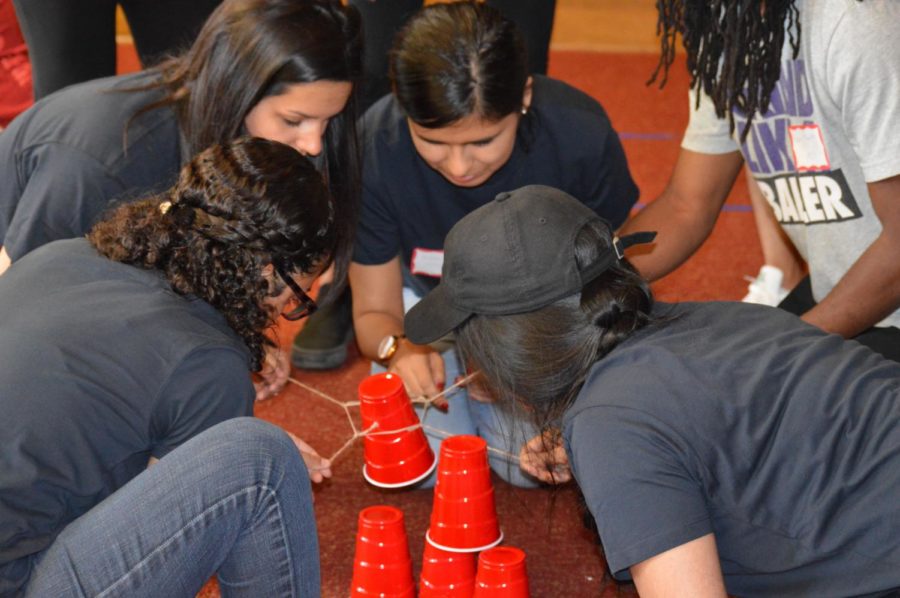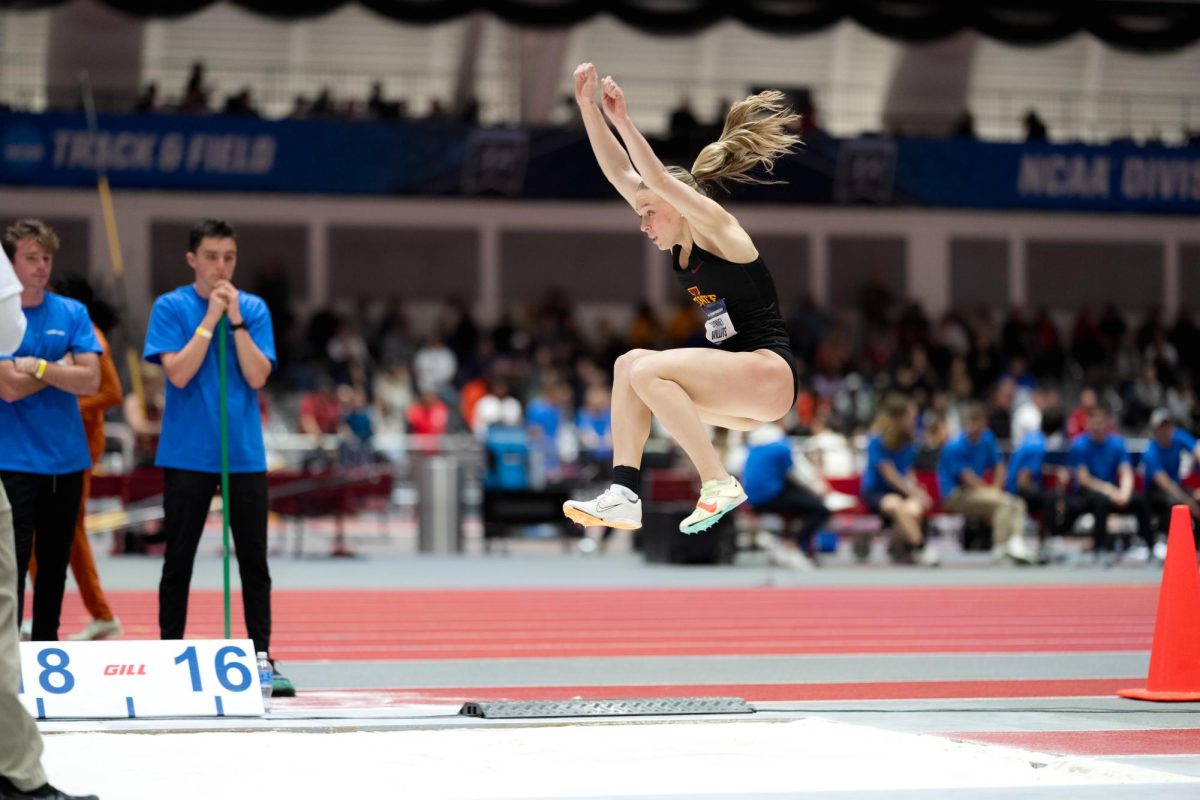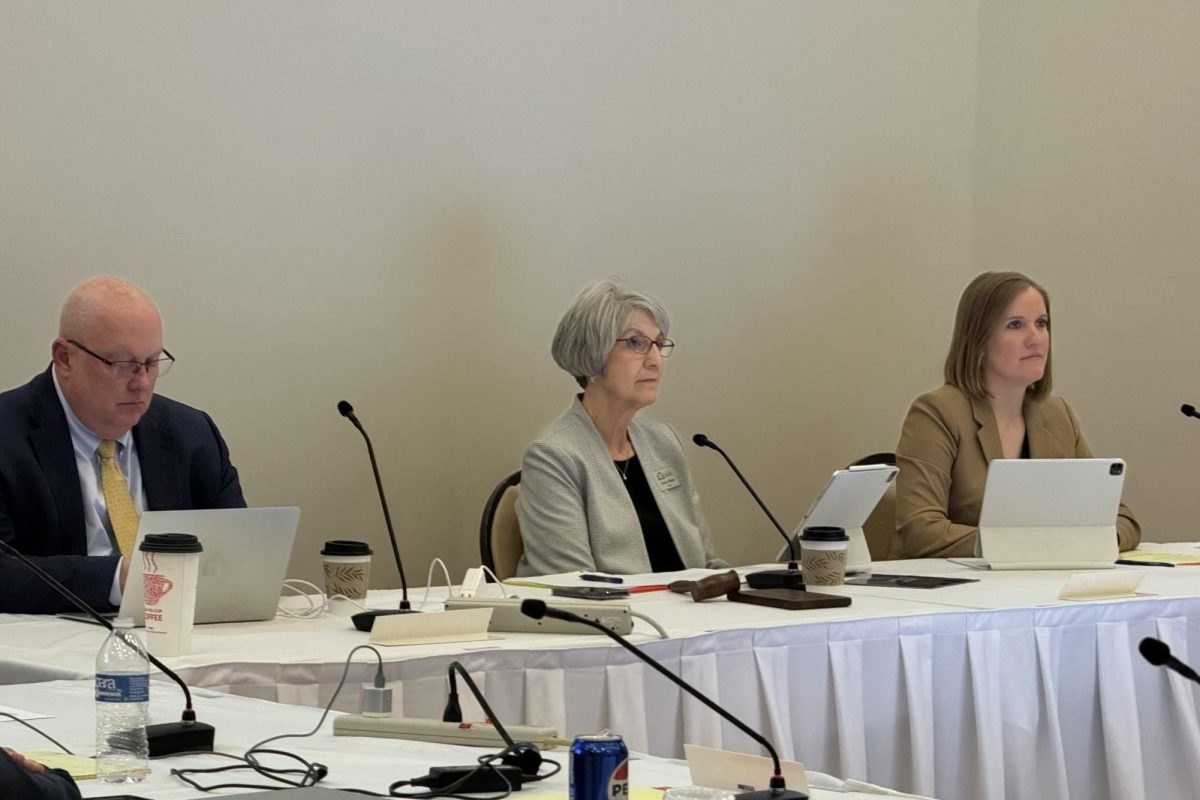Sleep directly related to creativity, problem-solving
January 28, 2004
Can sleep improve insight and student performance? Scientists at the University of Luebeck in Germany seem to think so.
German scientists say they have found that human brains continue to work out problems during sleep that they couldn’t solve during the day.
The scientists also said eight hours of sleep can result in finding a solution with greater ease.
This is the first study in which hard evidence supports the concept that the quantity of sleep a person receives affects his or her performance in creativity and problem-solving. No study model before this has been able to properly test how sleep can improve insight.
The study involved 106 men and women between the ages of 18 and 32. They were divided into groups that either slept all night, stayed awake all night or stayed awake all day for eight-hour periods before testing. The group that slept for eight hours before problem-solving was nearly three times more likely to complete the problem given to them the next day than the group that stayed awake all night.
The authors of the study concluded their results indicated that memories are reconstructed in the brain before they are stored, which could be why problem-solving can be easier after adequate sleep.
“That argument makes sense to me,” said Anne Cleary, assistant professor of psychology. “It’s been known that sleeping in between encoding information into memory and the retrieval of information out of memory can benefit that retrieval of information.”
John Sherman, neurodiagnostic technologist for the Sleep Disorders Center at Mary Greeley Medical Center, said about 40 percent of people feel they don’t get enough sleep, and this loss affects their work and daily lives.
“I’m sure any sleep deprivation will cause you a loss in creativity … that’s a given,” said Judy Pick, supervisor of neurodiagnostics for the Sleep Disorders Center at Mary Greeley Medical Center.
She said sleep deprivation runs down a person’s system, increases the likelihood of illness and can cause work to suffer.
College students are among the most sleep deprived, she said.
“Sleep deprivation goes with the territory,” Pick said. Students sometimes fall asleep at 2 a.m., but sometimes can’t sleep in because of classes, she said.
Nicole Peterson, junior in interior design, said she is more creative when she has adequate sleep. Lately, she has been sleeping an average of eight hours a night, but usually gets about five hours of sleep a night toward the end of the semester.
“When I have a project due, project ideas normally come to me in my sleep, in a dream,” Peterson said.
She said she can think creatively no matter how much sleep she gets, but the less she sleeps, the slower the ideas surface.
“When I don’t get a lot of sleep, it’s worse. But when I have deadlines, I force my creativity so I can get the project done on time,” she said.
















